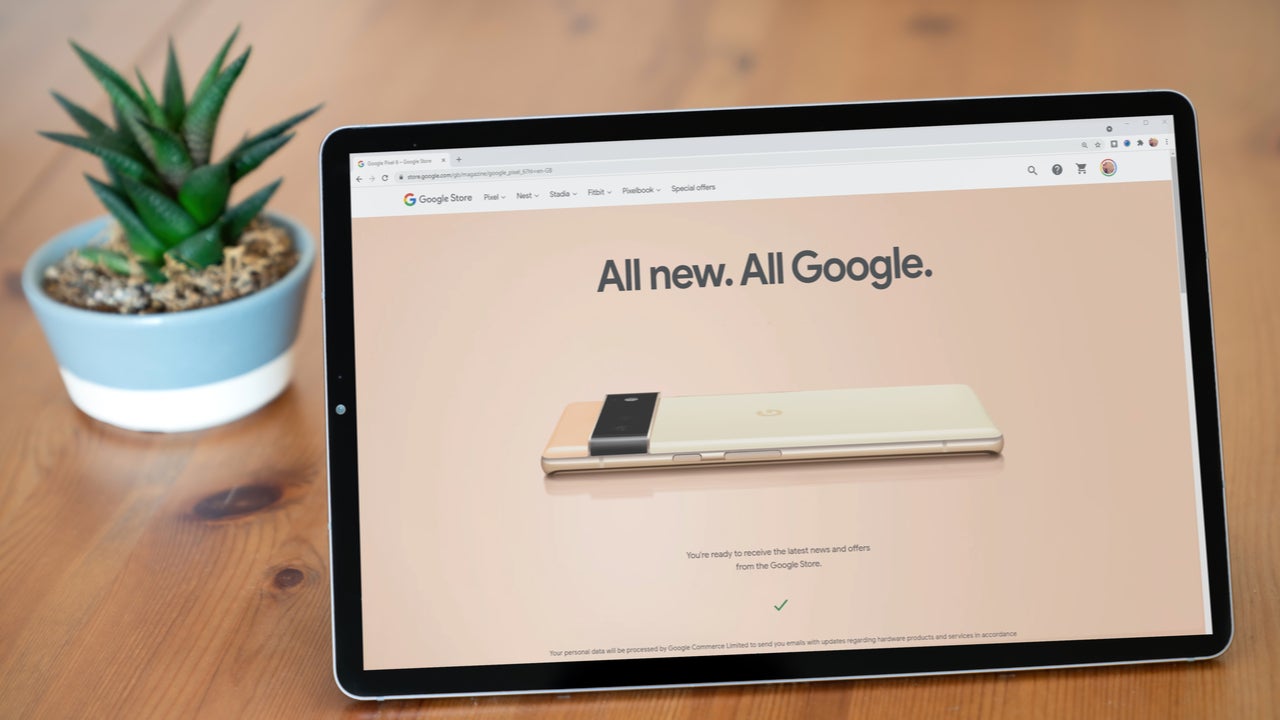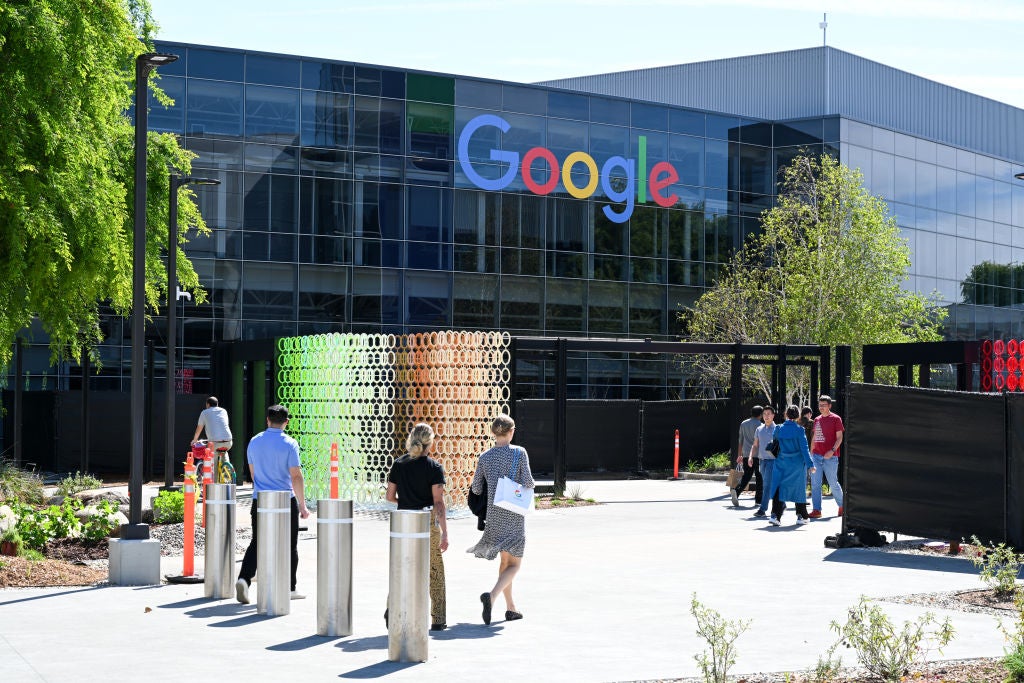
Google announced the new $449 Pixel 6a smartphone as well as $199 Pixel Buds Pro at its annual Google I/O event in California on 11 May, 2022.
The 6a comes with 5G support, 6.1-inch OLED display, Google’s premium Tensor chipset, Titan M2 security architecture, and premium camera functionality. The $199 Pixel Buds Pro come with active noise cancellation, live translate, Google Assistant support, and a six-core audio chip developed in-house by Google. Both devices will be available for pre-order on 21 July and launch on 28 July, 2022.
Pixel 6 range is a success for Google
Google’s Pixel 6 line-up has been highly successful for the company. The Pixel 6 and 6 Pro together have outsold the Pixel 4 and 5 series of phones. The Pixel 6 seems to be the smartphone hit that Google has been looking for. Google has not released any shipment numbers but is rumored to have shipped 7 million Pixel 6 and 6 Pro combined.
Samsung and Apple sell more than 10 times that per quarter. The Pixel 6a retains the premium computational photography features found on its high-end and successful Pixel 6 and 6 Pro. The Real Tone feature addresses the camera system’s bias on shooting darker skin. Its inclusive Android camera will appeal especially to socially conscious customers, Millennials and Gen Z. The Magic Eraser attribute on the Pixel cameras – if it works well – will bring Photoshop-level editing to new and old pictures, a huge USP in this age of social media.
Device landscape is changing
A smartphone by itself is not enough. OEMs like Apple are veering towards services, for which its devices are enablers. Google has the services but was lacking a presence in devices, but seems to be catching up. The Pixel lineup now includes new earbuds, and phones, with the Pixel 7 expected in Fall 2022, a watch, coming in Fall 2022 with Fitbit’s immensely popular health attributes built in and a swanky angular design, and a tablet coming in 2023, all of which were announced at the I/O event.
The devices will be reversed engineered with Google’s own Tensor chipset with its AI powerhouse, which we can expect to see in more Google hardware as the company builds out its personal computing ecosystem of devices. End-to-end control will allow Google to control the software and hardware for enhanced device performance, and Google can build on Tensor’s hardware foundations for years to come, improvements that will trickle down to its wearables and IoT products.
How well do you really know your competitors?
Access the most comprehensive Company Profiles on the market, powered by GlobalData. Save hours of research. Gain competitive edge.

Thank you!
Your download email will arrive shortly
Not ready to buy yet? Download a free sample
We are confident about the unique quality of our Company Profiles. However, we want you to make the most beneficial decision for your business, so we offer a free sample that you can download by submitting the below form
By GlobalDataPixel Buds Pro to challenge Apple
The Pixel Buds Pro are also expected to come with spatial audio sometime in 2022 challenging Apple’s AirPods Max. Spatial audio is a precursor to augmented reality use cases. The addition of this attribute along with a sneak peak of Google’s upcoming live translation AR glasses make for an augmented reality battle in the coming years. As the product and services ecosystem grows, Google has been increasingly challenged to make its products work together across the spectrum.
Google’s vision for ambient computing is to create a single, consistent experience at home, at work, or on the go, whenever a consumer needs it. The company gave a sneak peak of new devices, something it’s not done before – with the Pixel 7, Pixel Watch and the Pixel tablet – altering the way Google is navigating devices. Hardware is not key to Google’s revenues, but the data and AI behind it are, thereby making hardware a step to transitioning into Google’s ambient computing future.







Related Company Profiles
Apple Inc
Fitbit Inc